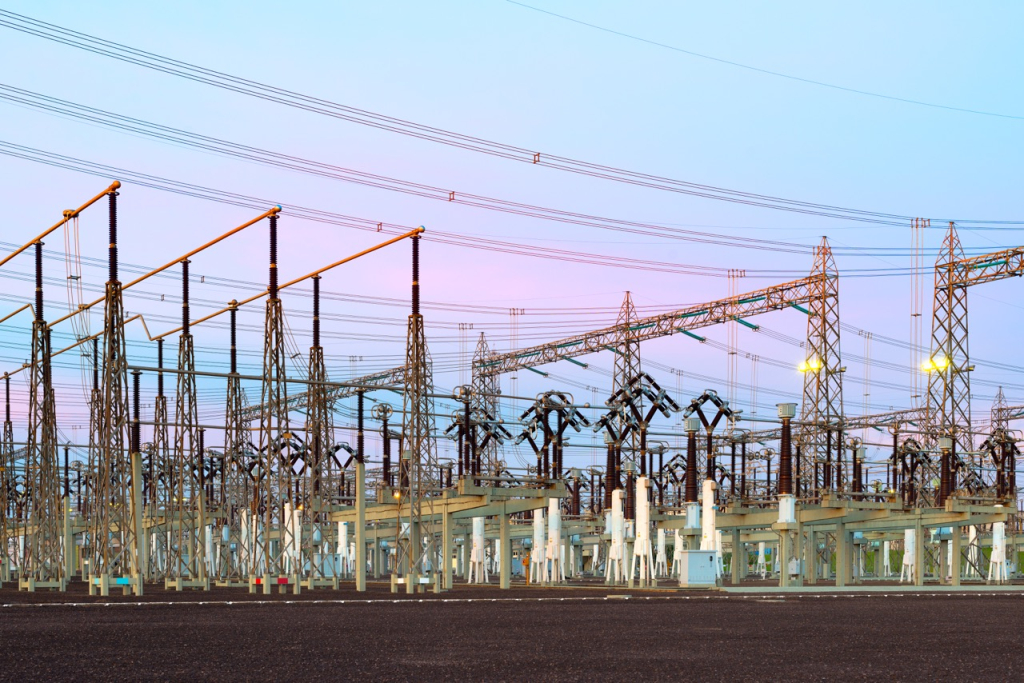
AUSTIN, Texas – The Texas Supreme Court heard arguments Wednesday to determine whether electric power providers can be held liable for blackouts during the 2021 winter storm—outages that were mandated by the Electric Reliability Council of Texas (ERCOT), the agency overseeing the state’s power grid.
The storm, one of the deadliest in Texas history, resulted in over 200 deaths and left millions without power for days. In its aftermath, hundreds of lawsuits were filed against power providers, alleging negligence and breach of contract in failing to supply electricity. These cases were later consolidated into a single, multidistrict lawsuit.
While courts dismissed initial claims of negligence and contract violations, they allowed the case to proceed on grounds of gross negligence and intentional nuisance.
Key Legal Question: Could Power Providers Have Acted Differently?
At the heart of the case is whether transmission companies, such as Oncor in North Texas, had the ability to mitigate the crisis despite ERCOT’s directive to reduce electricity supply.
Oncor contends that it acted in good faith, complying with ERCOT’s emergency orders designed to protect the power grid from total failure.
However, plaintiffs argue that power providers were aware of potential grid vulnerabilities under extreme demand and failed to implement rolling blackouts equitably, favoring certain neighborhoods while others suffered prolonged outages.
“These orders did not instruct providers to leave some customers to freeze to death while others never lost power,” court filings assert. Plaintiffs further claim that blackouts disproportionately impacted natural gas suppliers, exacerbating the crisis by limiting energy production.
Arguments Before the Court
Oncor’s Defense: Following Regulations
Attorneys for Oncor emphasized that power providers operate within a highly regulated industry and were required to follow ERCOT’s emergency protocols.
“Throughout the entire load shed event, our decisions were constrained by ERCOT’s protocols,” argued Oncor attorney Michael Heidler. He further explained that ERCOT’s directives required maintaining power in some areas while cutting it in others, making rolling blackouts logistically impossible under emergency conditions.
Oncor maintains that if providers are legally obligated to follow ERCOT’s orders, they cannot be held liable for failing to provide continuous service during an emergency.
In a statement issued Wednesday, Oncor defended its actions:
“Every action Oncor took during Winter Storm Uri was to prevent the collapse of the Texas grid and protect Texans from even greater suffering. While we recognize the hardships endured, we are confident these lawsuits misunderstand critical facts and lack merit. We look forward to the Supreme Court’s ruling.”
Plaintiffs’ Argument: Gross Negligence & Favoritism
Sherri Saucer, representing the plaintiffs, contended that despite industry regulations, the Texas Supreme Court had previously ruled that energy providers could still be held liable under certain circumstances.
However, justices questioned the legal foundation for gross negligence claims, given that basic negligence claims had already been dismissed.
“If you can’t be negligent, it’s pretty hard to be grossly negligent,” noted Justice Jeff Boyd.
Saucer countered that the 14th Court of Appeals’ decision had outlined a legal pathway for pursuing gross negligence claims. She alleged that power companies deliberately prioritized certain areas and failed to conduct rolling blackouts despite knowing the risks.
“They preferred some neighborhoods over others. And they knew it, and they did it on purpose,” Saucer stated.
She also pointed to federal warnings from 2011, which urged Texas power providers not to cut electricity to natural gas suppliers. Despite those warnings, she argued, they did so again in 2021, worsening the crisis.
What Comes Next?
The Texas Supreme Court is expected to issue a ruling in the coming months.
The 2021 Winter Storm: A Disaster That Shook Texas
Winter Storm Uri was one of Texas’ most devastating weather events, causing at least 246 deaths and leaving millions without power for extended periods. Nearly two-thirds of fatalities resulted from prolonged exposure to extreme cold.
The crisis was fueled by widespread failures in the ERCOT power grid. Federal energy regulators attributed the outages to frozen equipment at power plants and natural gas facilities, which severely restricted electricity generation.
At the storm’s peak:
- Over 4.5 million Texans lost power—some for as long as four days.
- Nearly 50% of the state’s power generation capacity was knocked offline.
- Frozen precipitation disabled wind turbines.
- Natural gas generators—Texas’ primary energy source—failed due to frozen supply lines, preventing power production.
As Texas awaits the Supreme Court’s decision, the case could have major implications for power providers, regulatory agencies, and future disaster preparedness.




